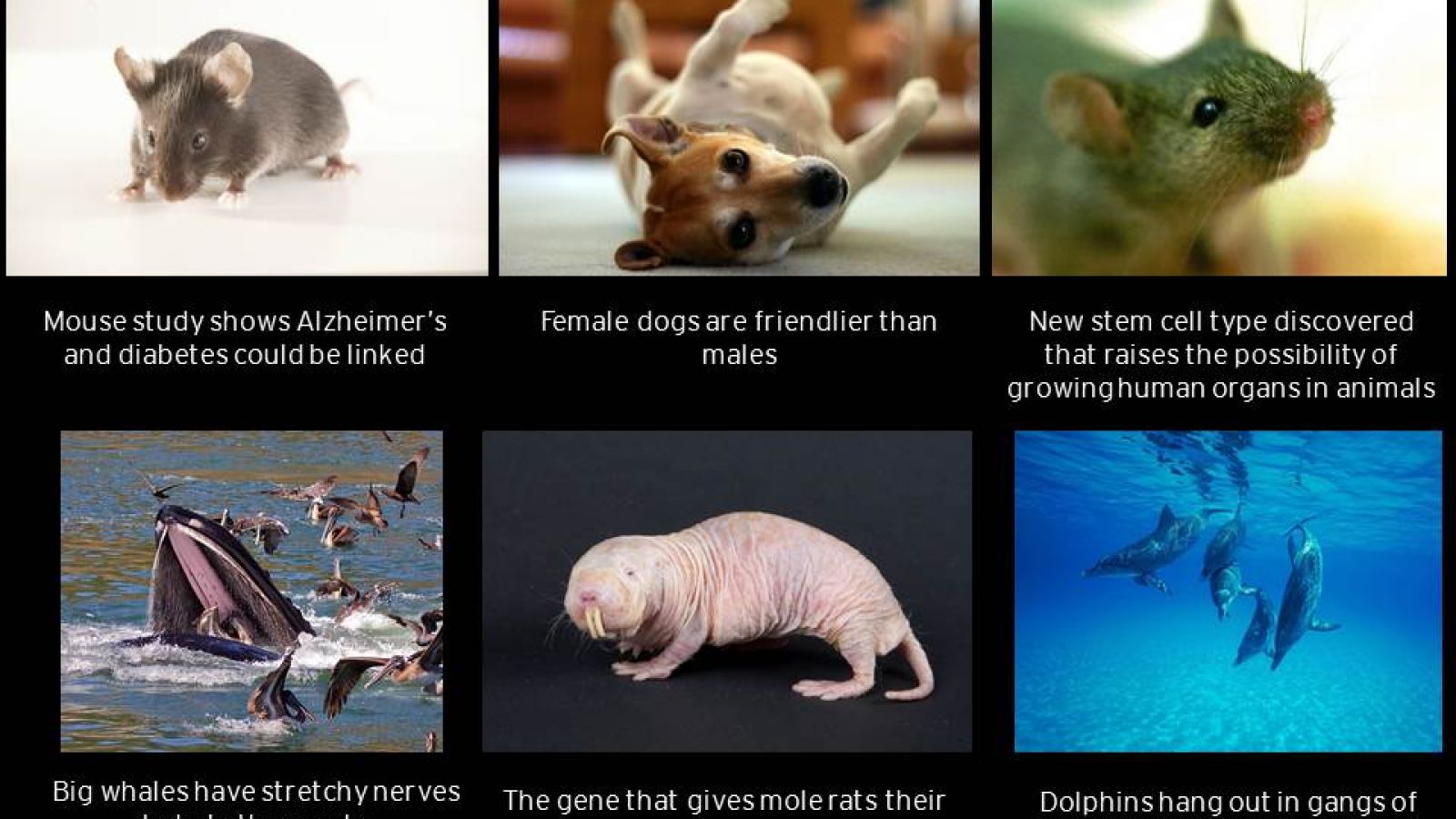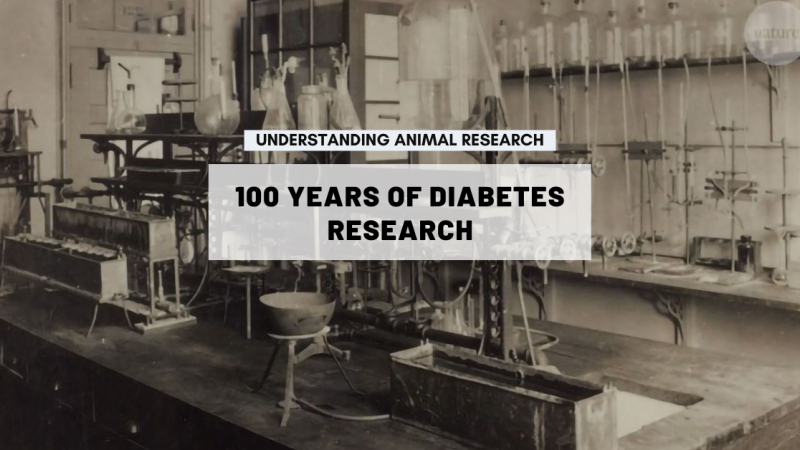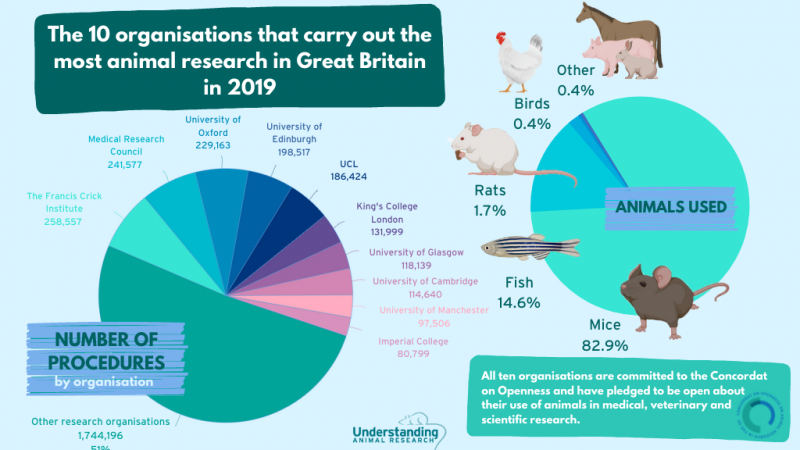05/05/15
The world’s biggest whales have a biological secret weapon to help them feed: the nerves in their jaws are very stretchy. Roqual whales, a family that includes many of the large baleen whales such as blue and humpback, feed by engufing large volumes of water and krill. Researchers from the University of British Colombia examining the jaw of a fin whale discovered a stretchy cable that was found to be a nerve.
This is the first time that stretchy nerves have been observed invertebrates. Normally if a nerve needs to be flexible extra slack will be created to prevent damage or injury. This study also highlights the difficulties of dissecting an animal that can be up to 20m long. "[T]hese animals are so huge that even getting in through the skin is something you can't do without having heavy machinery around," said Prof Wayne Vogl, an anatomist at the University of British Columbia and the study's first author. “When you are working with a 20m fin whale, it's important to have the right equipment, he said. "If a heart falls on you, it could kill you."
http://www.bbc.co.uk/news/32548856
07/05/15
Researchers have found that the gene which gives naked mole-rats’ their natural resistance to cancer is unique among mammals. Naked mole rats are unusual in many ways with extreme longevity and lack of normal signs of ageing. Part of the reason they live long is that they have a natural resistance to cancer. Their resistance to cancer has been linked to the production of a specific substance and a mutation in the gene that produces it. Researchers have sequenced the gene and compared it to other that of other mammals and found that it is unique.
"While naked moles-rats are extreme in many aspects of their biology, we predicted that we would see similar molecular adaptations in the HAS2 gene in other mole-rats and subterranean mammals, yet they remain unique even among other mole-rats within the family." Said Dr Chris Faulkes, lead author of the paper.
http://www.sciencedaily.com/releases/2015/05/150506084638.htm
Dolphins hang out with friends in ‘gangs’: Marine mammals have complex social networks like humans. Dolphins avoid individuals they don’t like and hang out with their friend in specific areas. What is surprising is that the geography and physical dimensions of the habitat influenced the spatial and temporal dynamics of dolphin association patterns.
‘For example, communities that occupy the narrowest stretches of the Indian River Lagoon have the most compact social networks, similar to humans who live in small towns and have fewer people with whom to interact.’ Elizabeth Murdoch Titcomb, research biologist at HBOI explained.
It’s hoped this information will be used by resource managers to help them understand how dolphins use their environment, as well as how social networks transfer information, breeding behaviour and even diseases.
http://www.dailymail.co.uk/sciencetech/article-3070182/Dolphins-hang-friends-gangs-Marine-mammals-complex-social-networks-like-humans-study-reveals.html
Scientists have identified a new link between diabetes and Alzheimer’s, providing further evidence that a disease that robs people of their memory may be affected by elevated blood sugar levels. The study shows that elevated glucose levels in the blood of mice can rapidly increase levels of amyloid beta plaques – keys components of Alzheimer’s.
"Our results suggest that diabetes, or other conditions that make it hard to control blood sugar levels, can have harmful effects on brain function and exacerbate neurological conditions such as Alzheimer's disease," said lead author Shannon Macauley, PhD, a postdoctoral research scholar. "The link we've discovered could lead us to future treatment targets that reduce these effects."
http://www.neuroscientistnews.com/research-news/new-link-found-between-diabetes-and-alzheimer-s
08/05/15
Scientists stumble across unknown stem-cell type in mice that raises the possibility of growing human organs in large animals such as pigs or cows for research or therapeutic purposes. Scientists previously knew about two other types of pluripotent stem cells, but growing them in large numbers or guiding them to mature into specific types of adult cells has proven difficult. The newly discovered stem cell could be easier to grow in the lab than embryonic stem cells. These ‘region-selective’ cells grow more quickly and stably than other pluripotent cells, and therefore could be more useful for developing new therapies.
http://www.nature.com/news/scientists-stumble-across-unknown-stem-cell-type-1.17496
Female dogs are the friendliest: maternal instinct makes them much more likely to interact with humans. Females are more likely to make eye contact and physical contact with humans for help. This could be a side effect from their nurturing instincts and could also have a genetic component to it. The findings could help improve human health - reduced eye contact and communication has been linked to autism and dogs may be important models for understanding the genetic basis of this.
Last edited: 26 October 2022 18:02




